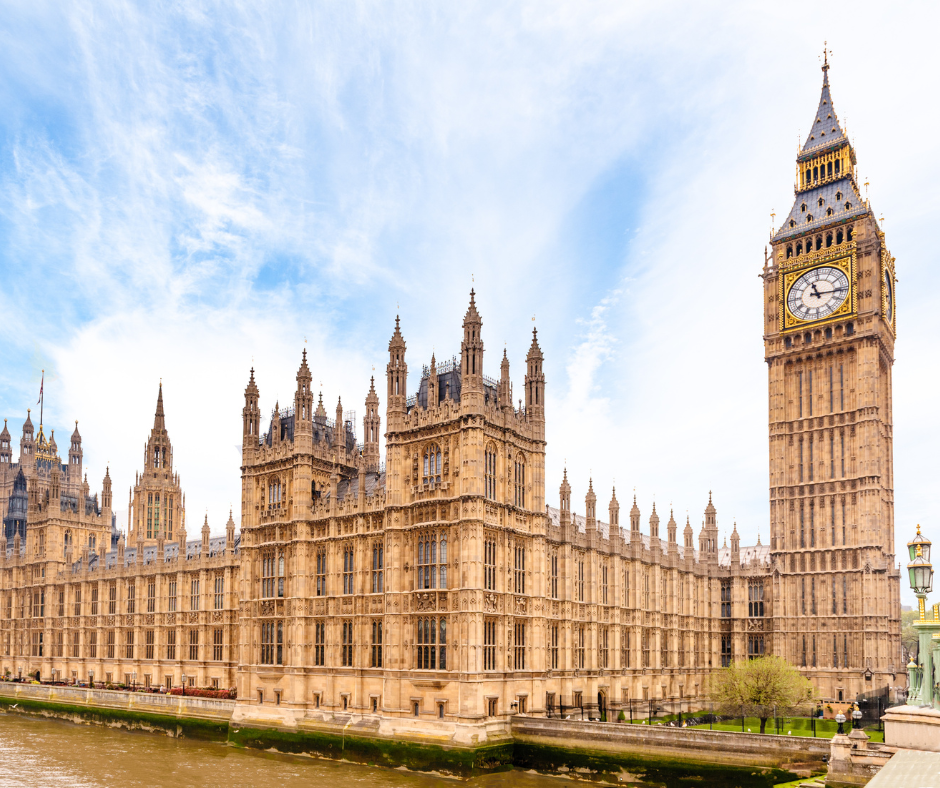
King’s Speech 2024: What changes might be ahead for the Property Sector?
25th July 2024
This month’s King’s Speech contained 40 new bills (including draft bills) and there was a lot in respect of the Property Sector. Some of it will already be familiar to property lawyers, however there were a lot of welcome commitments and plans by the Labour government. I have written about a few of the key takeaways below.
Planning and Infrastructure Bill
This Bill seeks to introduce measures to streamline the delivery of critical infrastructure. The briefing note published shortly after the Kings Speech focuses on energy infrastructure which ties in with the new government’s ambition to create Great British Energy, a publicly owned energy company.
There will also be changes made to the compulsory purchase regime which ensure “fair but not excessive” compensation.
Draft Leasehold and Commonhold Reform Bill
Further to the Leasehold and Freehold Reform Act 2024 which was given Royal Assent on 24th May 2024, one of the final pieces of legislation pushed through by the last Government, this bill goes further and promotes commonhold as a replacement tenure to leasehold. It will do this in part by modernising the existing legal framework to bring the “feudal leasehold system to an end”.
The sale of new leasehold flats will be restricted and the government has said that it will consult on how to do this. Existing ground rents will be regulated as will “‘fleecehold’ private estates and unfair costs” which affect some new freehold estates.
The government also stated its commitment to bring into force the new homeowner protections in the Leasehold and Freehold Reform Act 2024.
The government will end forfeiture in the context of home ownership to avoid leaseholders risking their homes for disproportionately small debts.
It anticipates enacting the remaining recommendations of the Law Commission on lease extensions, the right to buy and the right to manage.
The Terrorism (Protection of Premises) Bill
The Terrorism (Protection of Premises) Bill (“Martyn’s Law”) has remained part of the new government’s legislative programme. This will continue to be of significant interest to those that control real estate to which members of the public have access who will need to ensure compliance once it becomes law to ensure the public are adequately protected against terrorism.
Renters’ Rights Bill
The Renters’ Rights Bill looks at strengthening rights of residential tenants and reforming the grounds landlords can use to take possession.
It will include abolishing Section 21 “no fault evictions”, reforming possession grounds so these are “clear and expanded”, enabling landlords to recover property when they need to and allow tenants the ability to challenge rent increases and end rental bidding wars.
Tenants will be given a right to request to keep pets that landlords cannot unreasonably refuse (backed by insurance to protect landlords against damage). A new “Decent Homes Standard” will provide safe homes that are secure and hazard free. “Awaabs Law” will be brought in to ensure that homes are made safe according to a clear legal framework.
A digital private sector database will be created to provide information for those in the private rented sector (landlord, tenant and councils). It seems the intention is to create a one stop shop for key resources and information for those in the sector.
A new ombudsman’s service will, hopefully, reduce the need for parties to litigate and so reduce costs and while providing a binding, impartial means of resolving disputes.
It will be illegal for landlords to discriminate against tenants that have children or receive benefits and local councils will have strengthened investigatory and enforcement powers.
English Devolution Bill
The English Devolution Bill looks to provide local communities with a new ‘right to buy for community assets’. It is intended this will include empty shops, pubs and community spaces, the hope being that it will breathe life into high streets and reduce voids. Whether this is in addition, or instead of, existing legislation protecting assets of community value will no doubt be in the detail once the Bill is published.
For further property advice, please contact our experienced Conveyancing team.
Article written by Conveyancing Solicitor Ben James.
